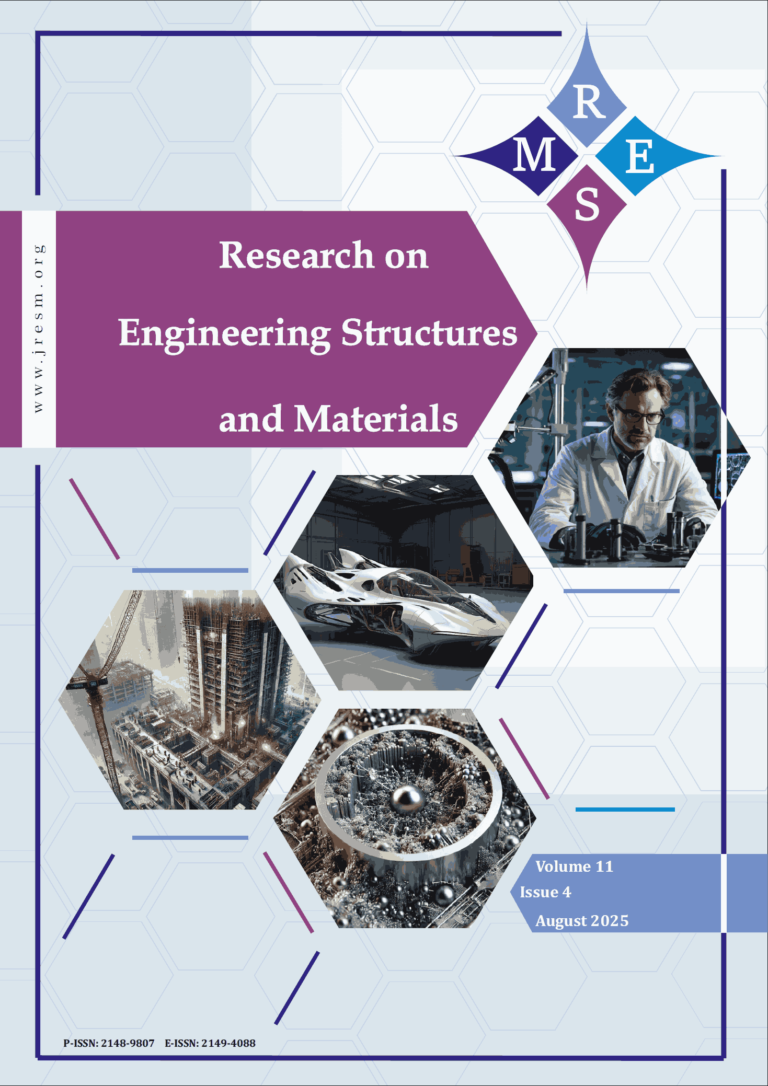This study explores the potential use of naturally and locally available pozzolana as an eco-friendly alternative to cement in the manufacture of compressed earth blocks (CEBs). Wet granulometric tests were carried out on samples taken from a construction site in Casablanca to determine their appropriateness for CEB production. CEBs were made with different percentages of pozzolana, both used individually and in combination with cement. Soil was treated uniformly through mixing, compaction, and curing, followed by compressive strength tests to determine mechanical characteristics, and X-ray diffraction (XRD) analysis to examine the mineral composition of the samples. The results were encouraging, as the CEBs stabilized with 4% pozzolana achieved higher compressive strength than those stabilized with 4% cement. The XRD results showed that in the soil-pozzolana mixture, significant mineralogical transformations occurred, such as the formation of calcium silicate hydrates (CSH) and calcium aluminate hydrates (CAH), which strengthen the soil matrix and improve the compressive strength. Such a finding demonstrates the potential of pozzolana to act as a greener stabilizer in low-load structural applications, partially replacing cement with lowering environmental impact. This work highlights the feasibility of using pozzolana as a sustainable, locally adapted solution for construction.
